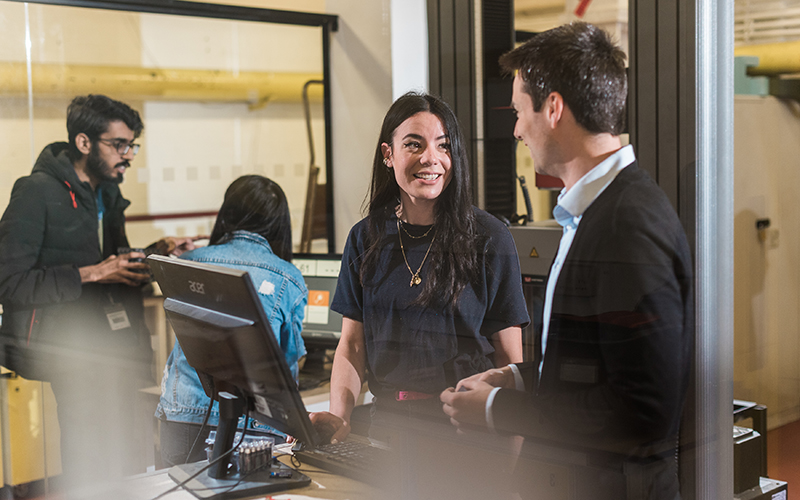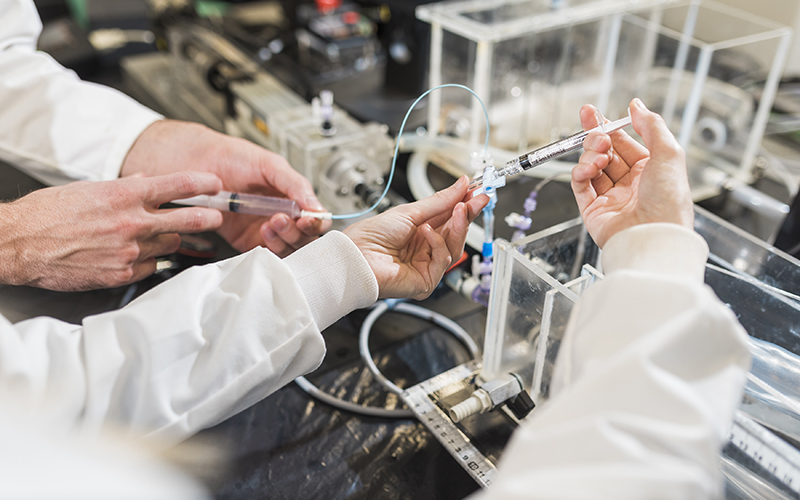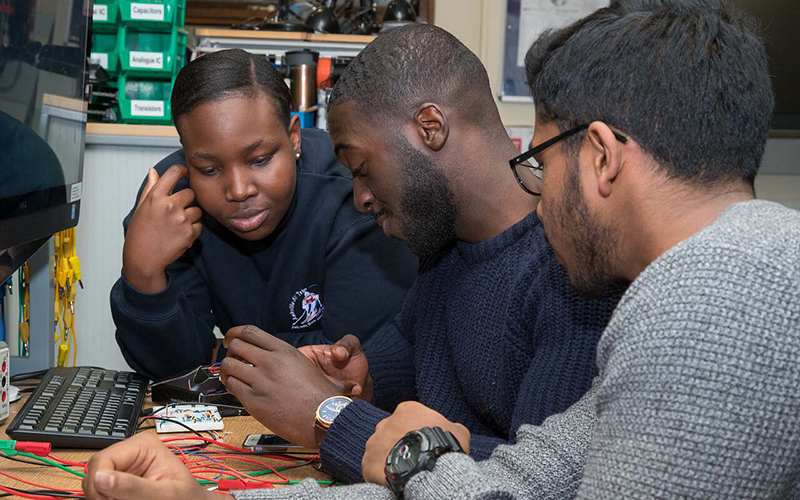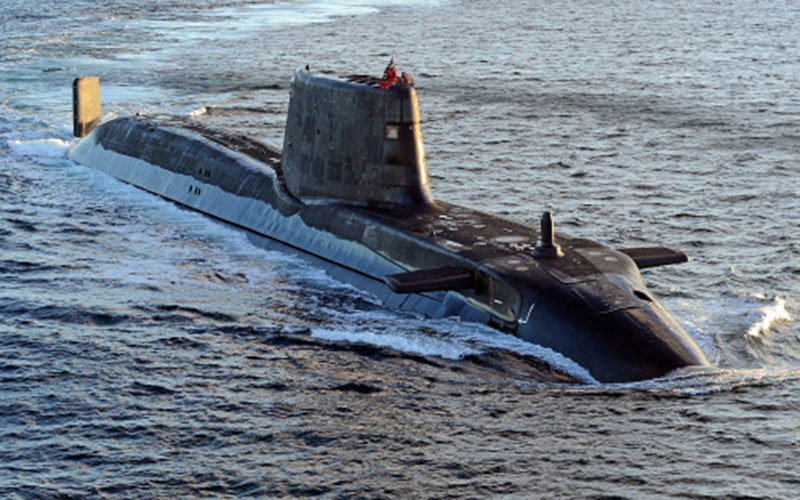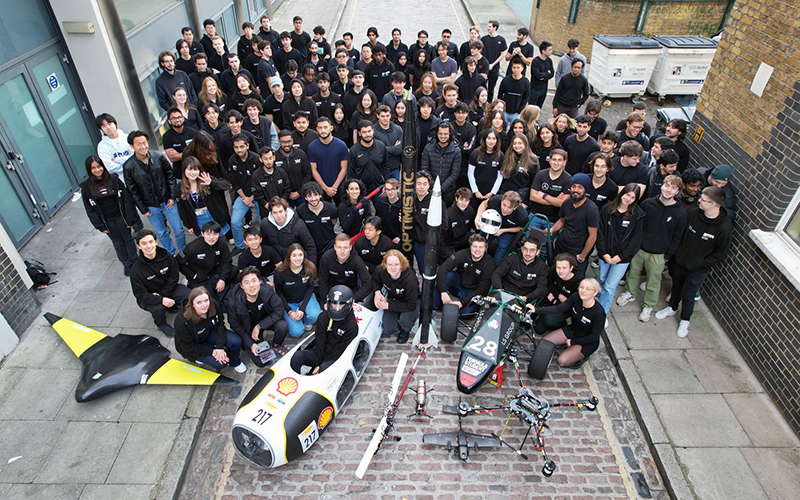Study
What is Mechanical Engineering?
Watch this short video (narrated by Dr Adam Wojcik) summarising what mechanical engineering is and how it addresses the problems we as a society face day-to-day.
Dr Wojcik explains mechanical engineering as the interface between our world and the world of science, theory and maths. It's an opportunity to apply these concepts to make our world and our environment a better place to live in.
Learn more about studying with us
The new campus in Stratford, London (just 20 minutes from central London) will be a hive of advanced study and cutting-edge research when it opens in September 2023. UCL East will be home to a hugely diverse range of over 50 new cross-disciplinary and interdisciplinary MSc programmes. These include:
- Future Manufacturing and Nanoscale Engineering MSc
- Manufacturing with Innovation and Enterprise MSc
- Advanced Propulsion MSc
 Close
Close



